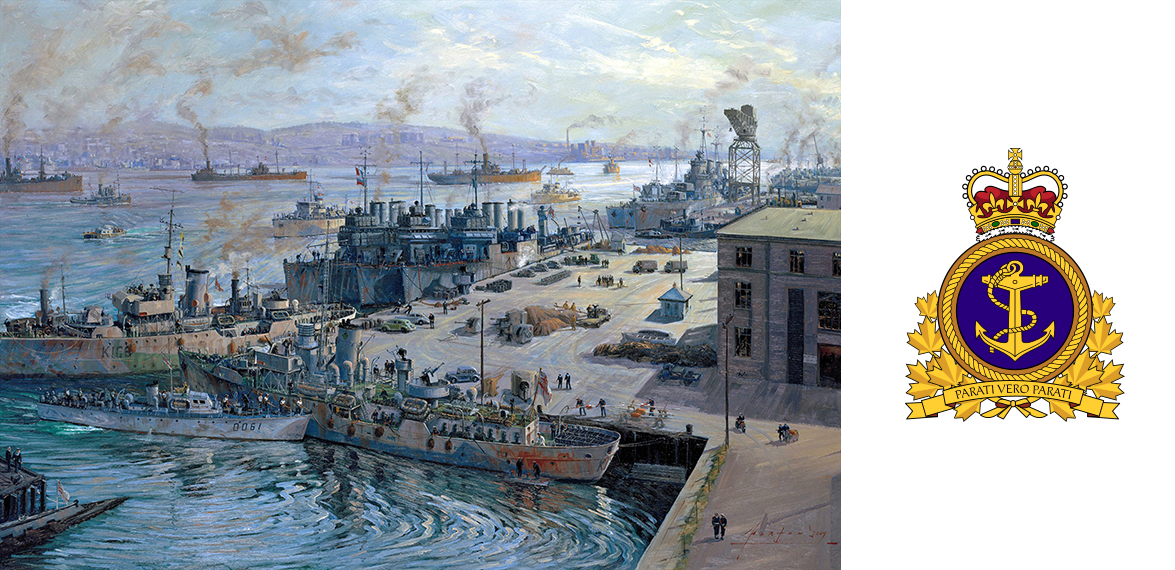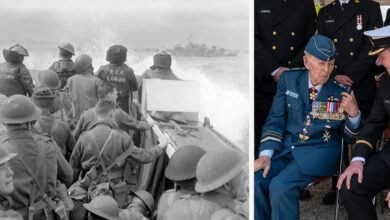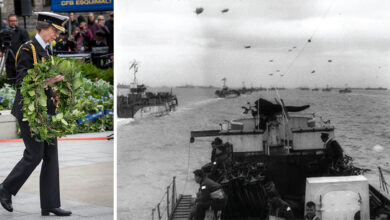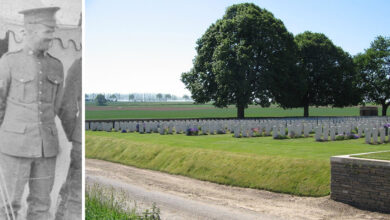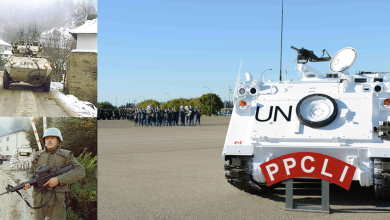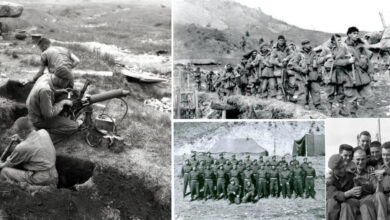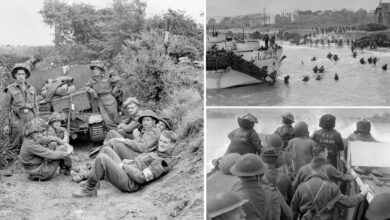History
Remembering the Battle of Atlantic
This weekend marks the commemoration of the Battle of the Atlantic. The battle was the longest running battle of the Second World War, a battle in which Canadians played a crucial role. The battle was, however, gruelling. Allied troops were facing German U-Boats at a devastating cost, and the conditions on the Atlantic were horrific.
“What a miserable, rotten hopeless life… an Atlantic so rough it seems impossible that we can continue to take this unending pounding and still remain in one piece… hanging onto a convoy is a full-time job… the crew in almost a stupor from the nightmarishness of it all… and still we go on hour after hour,” wrote Frank Currie in his diary in 1941 as stated on Veterans Affairs Canada website.
Curry was a member of the Royal Canadian Navy (RCN) and was stationed aboard a Corvette at that time.
With terrible sailing conditions, and German U-boats roaming in “wolf packs,” Allied troops suffered heavy losses at the start of the war. That was to change, though, in large part due to Canadian efforts.
When the war began, Canada’s Navy was small – only 13 vessels and 3,500 personnel. In response to the challenges the Allied Forces were facing on the Atlantic, Canada started building ships at an astonishing rate. The RCN grew to be one of the largest in the world by the end.
“No one would have predicted that, from this tiny beginning, Canada’s forces would go on to play a large and significant part in the Atlantic war, and that the Canadian Merchant Navy would carry cargoes around the world,” stated Veterans Affairs Canada (VAC) website.
The primary role of the RCN was to protect shipping. Germany had control of the entire coast of Europe and was determined to cut off Britain’s lifelines, their supply routes from North America.
These supply routes escorted over 25,000 merchant ship voyages from North American to British ports, delivering over 165 million tonnes of desperately needed cargo. It was these shipments that sustained Britain and made the liberation of Europe possible.
“The remarkable achievement by the Allied shipyards was an important reason for the turn of the tide in the Battle of the Atlantic. By mid-1943, it was clear that no matter how many merchant ships German U-boats still could send to the bottom, torpedoings could no longer outpace the production of new ships,” stated VAC website.
Every year on the first Sunday of May, members of the Navy family will gather at memorial parks across Canada to commemorate the service and sacrifice of those Canadians who served during the Battle of Atlantic. A moment of silence is observed to honour the more than 4,500 Canadians who died during the battle.
In Ottawa, at 10 am on Sunday, May 5, 2019, at the National War Memorial, there will be a Battle of the Atlantic Ceremony to commemorate the service and sacrifice of the Canadians who fought so valiantly. A contingent of sailors from the HMCS Carleton will participate in the Parade.
At 10:30 am, members of the RCN, Veterans, and the Sea Cadets band will step off at 10:30 am to form up with the entire parade at the National War Memorial.
Visit the Veterans Affairs website for ceremonies in your community.


